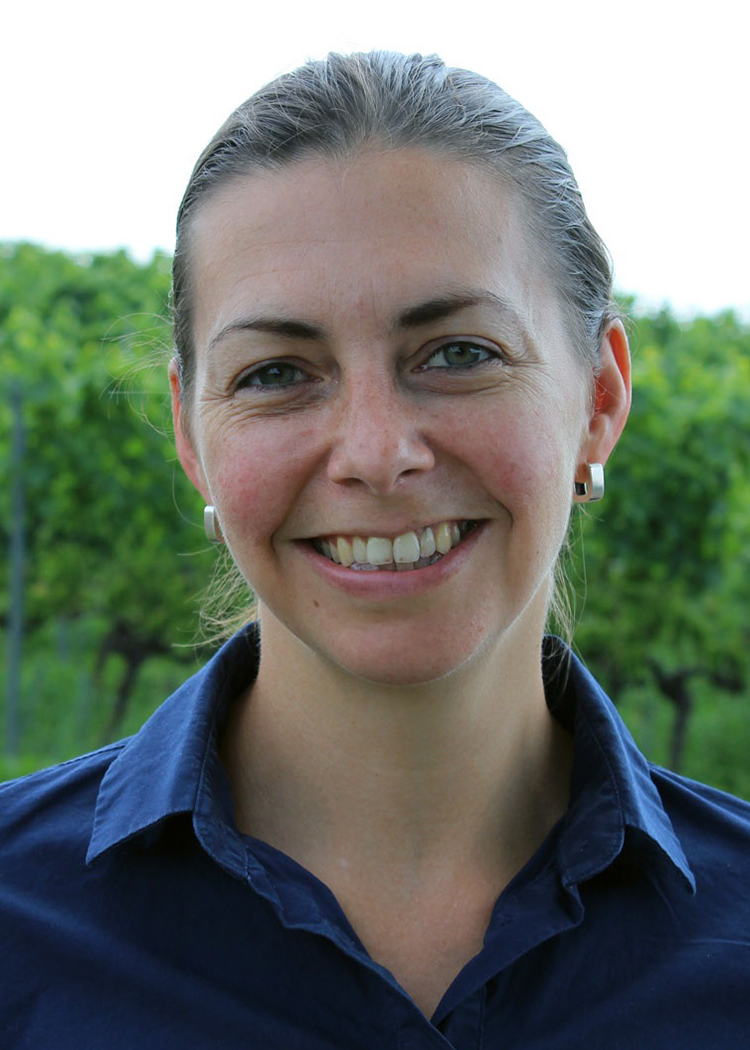Rebuilding with nature
While businesses are increasingly recognizing nature’s essential role in supporting human wellbeing and health, we are still outstripping nature’s ability to supply the services on which we all depend. The Final Dasgupta Review showed that we need to ensure our global economy embeds nature into decision-making, since our economies are a subsidiary of nature, not the other way around. However, an appreciation of the importance of nature for resilient supply chains is still not widely known. Through the We Value Nature campaign, with IUCN and other partners, we have developed freely-available training materials to help educate business decision-makers on ecosystem goods and services such as the provision of fresh water, soil fertility, crop pollination, flood regulation and maintaining a stable climate and how these link to their business models.
The COVID-19 pandemic has shown us how environmental and social systems are critically interconnected. There is now ample evidence that nature plays a key role in the COVID-19 pandemic’s emergence and now, it also plays a key role in the recovery.
Business can play a critical role in accelerating nature-based recovery. For example, our 2020 report Mapping nature-based solutions and natural climate solutions clarifies the vital role of high-quality nature-based and natural climate solutions and their respective scopes towards achieving climate, nature and broader development goals.
2021: Critical year for nature
Nature-based action will be high on the international agenda this year. Milestone events such as the IUCN World Conservation Congress are a key stage for business to demonstrate ambition and action. The IUCN CEO Summit is a timely opportunity for business to engage in a dynamic dialogue on how to accelerate commitments to nature, and call on governments to do the same. Following this event, businesses have further opportunities to engage in the UN Food Systems Summit in September and the negotiations at the UNFCCC COP26 in November, mobilizing countries to address the interconnected risks from climate change and nature loss. This will permeate international cooperation.
We need all stakeholders at the table to ensure an ambitious post-2020 global biodiversity framework is adopted. The CBD Post-2020 Global Biodiversity Framework, due to be agreed in October, will be key for championing and achieving stronger action from these agendas. After failing to achieve the Aichi Biodiversity Targets, leaders must agree to an ambitious Post-2020 Global Biodiversity Framework to address biodiversity and nature loss, which in turn will drive private sector action which is key to achieving it. Together with leaders from across science, conservation and business, WBCSD supported the launch of a Global Goal for Nature with three measurable objectives: zero net loss of nature from 2020; net positive by 2030, and; full recovery by 2050. This work sets clear goals and ambitions for where we need to go.
As we move through milestone events in 2021 that will determine our course for nature recovery, it is critical to mobilize business and engage them in a nature positive journey, along the way mobilizing USD $2.7 trillion of investments required annually through 2030 and creating nearly 400 million jobs.
WBCSD Nature Action project is bringing together leaders and ambitious members to advance together on their journey to becoming nature positive. We will develop clear narratives and roadmaps for different sectors to inspire others to follow rapidly in their path.
The business case is clear to contribute to an equitable, net-zero, nature positive economy. Yet, only collaboration at unprecedented levels will create the impact and speed needed. Restoring nature and our climate will require the concerted effort of us all, but this effort will reward us with a healthy, happy and prosperous planet that provides for 9 billion people. What action can you take to help business in your landscapes make these goals a reality?
About the author

Nadine McCormick has recently joined the World Business Council for Sustainable Development (WBCSD) as manager for the Nature Action project. Prior to that, she worked more than 15 years at IUCN, including the Global Business and Biodiversity programme where she was responsible for mobilizing knowledge and experiences to scale up engagement in the conservation community with business. With more than fifteen years of experience in both the private and not-for-profit sector, Nadine brings positive energy and strategic thinking to catalyze dialogue and design for effective change processes at individual, organizational and sectoral levels. She has engaged more than 30 companies across four continents and supported more than 150 conservation practionners on their strategies to influence the private sector. Nadine is British and holds an MSc in Environment and Development from the University of Edinburgh and a BSc in International Management and French from the University of Bath as well as a certified process facilitator.



